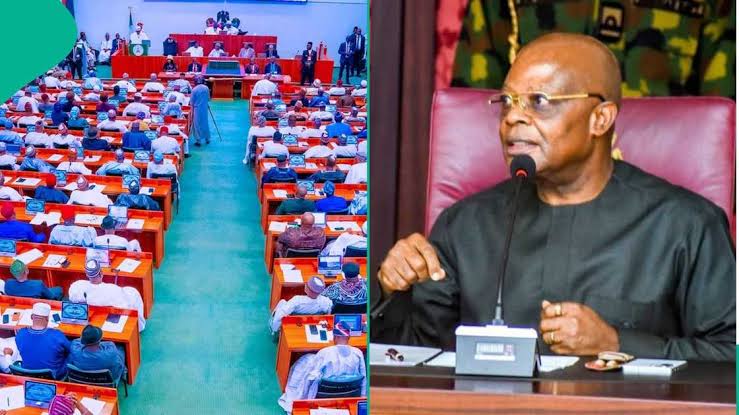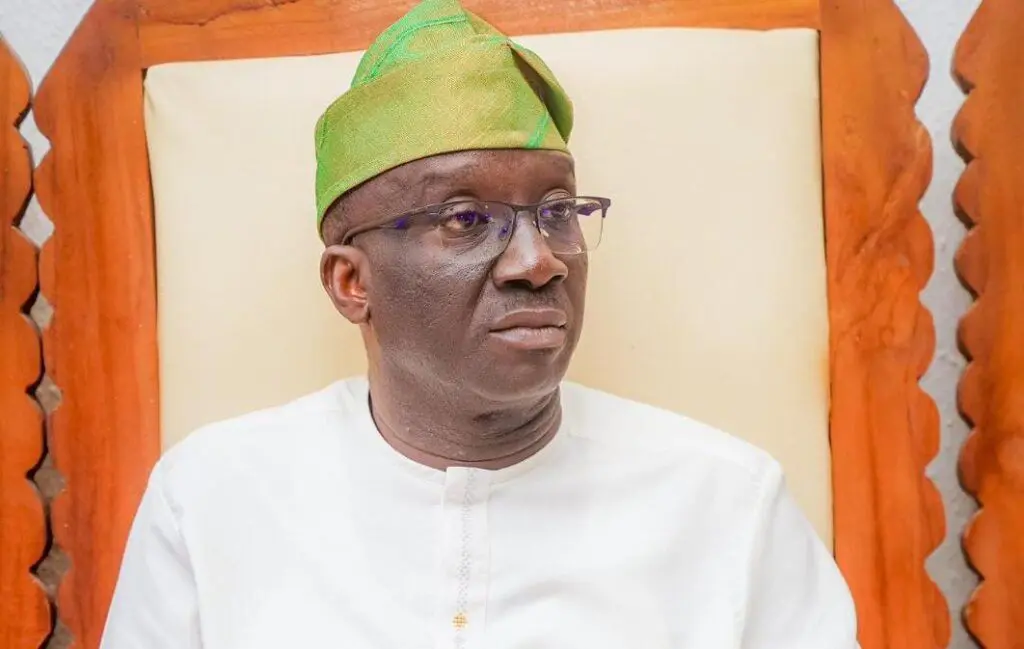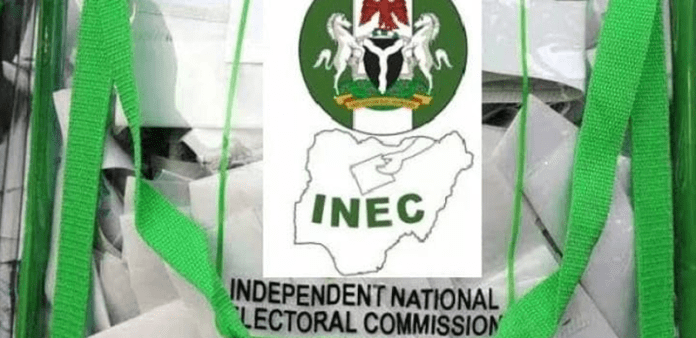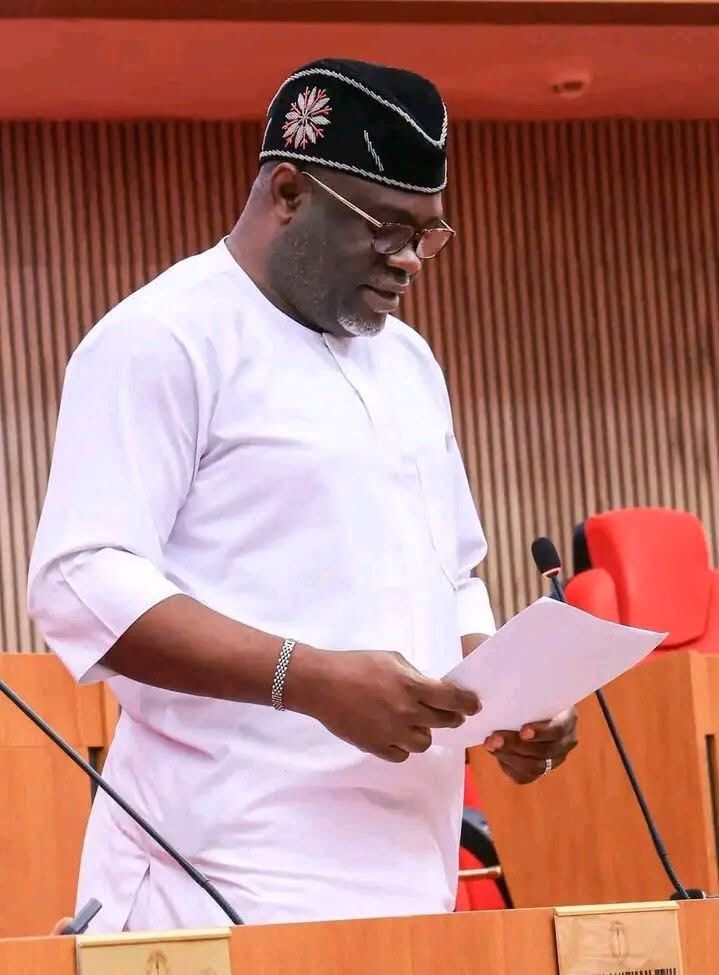By Isaac Samuel
Rivers State Administrator, Vice Admiral Ibok-Ete Ibas (rtd.), Friday made his long-awaited appearance before the House of Representatives Ad-Hoc Committee on the State of Emergency in Rivers State after failing to attend previous sessions on two separate occasions.
Addressing the lawmakers in the meeting which was held at the National Assembly complex, Ibas requested for more time to properly brief the committee on the developments in the state.
He clarified that his absence was due to the weighty and urgent demands of stabilizing governance in a state, and noted that his actions were in no way a sign of disregard for the National Assembly.
His words: “I deeply regret my inability to attend earlier engagements with this esteemed committee, like you rightly said. Today is exactly 10 days after the first invitation and in between we’ve had four days that were off calendar as public holidays plus the weekends inclusive.
“The absence, of course, was not out of disregard, but rather due to the weighty and urgent demands of stabilizing governance in a state under a declared emergency.
“I have always held the National Assembly in the highest regard. I recognize the importance of your oversight responsibilities and your interest in the progress being made in River State, which is presently relatively calm, but still fragile.
“That said, I only request your understanding and the indulgence of this committee to grant me additional time to adequately prepare and present a comprehensive and constructive briefing.
“Given the complexities and sensitivities surrounding the current transition period in Rivers State, it is important that any engagement with this committee is done with the depth, accuracy and clarity it rightfully deserves.
“I remain fully committed to cooperating with the committee and to ensuring that all relevant information is made available in due course to support your important work.
Chairman of the Ad-Hoc Committee, Prof. Julius Ihonvbere, stressed constitutional role of the National Assembly in legitimizing and overseeing the state of emergency declared in Rivers State.
He said that the federal legislature remains central to the state’s transition process.
Ihonvbere reaffirmed the committee’s constitutional mandate and expressed satisfaction that the administrator had finally honored the invitation after earlier delays.
According to him, the committee’s mandate was rooted in constitutional authority and that some of its terms had already been communicated to the administrator in an earlier letter.
Citing relevant sections of the 1999 Constitution as amended, Ihonvbere reminded the administrator that the power to declare a state of emergency under Section 305 rests with the President, but that the National Assembly must approve it before it becomes effective.
“For that state of emergency, the gazette must be sent to the National Assembly for approval. It’s only that approval that gives life to the state of emergency. I repeat that so that you know how critical the National Assembly is to that process,” he said.
He further referenced Section 11(4) of the Constitution, which empowers the National Assembly to take over the legislative functions of a state assembly when it is unable to function.
“That also means that all functions of the state House of Assembly, including budget approval, must come to the National Assembly and, by implication, this very committee,” he explained.
Ihonvbere used the opportunity to clarify the committee’s efforts to engage with the administrator from the onset of the crisis.
He noted that despite multiple attempts, including written correspondence, there were delays in securing the administrator’s appearance.
The chairman encouraged the administrator to feel at ease, stressing that the committee members had been carefully selected to ensure broad representation across geopolitical zones and legislative experience.
“I want you to feel relaxed because the members you see here were carefully selected based on zonal representation and membership of the House—to advance the progress that Rivers State needs to make in order to be part and parcel of the holistic structure of democracy that Nigeria represents today,” he said.
He reiterated the committee’s readiness to discharge its duties with diligence and fairness in the interest of the people of Rivers State and Nigeria at large.
“We have demonstrated again and again our preparedness to do this job efficiently and effectively,” he assured.
Ihonvbere acknowledged that the meeting was held at the administrator’s request and expressed optimism that it would mark the beginning of a collaborative process toward restoring stability in the state.
“We are glad you are here as you promised yesterday. This meeting actually at this time was at your instance, and we are happy that you are here. So you are welcome,” he said.





